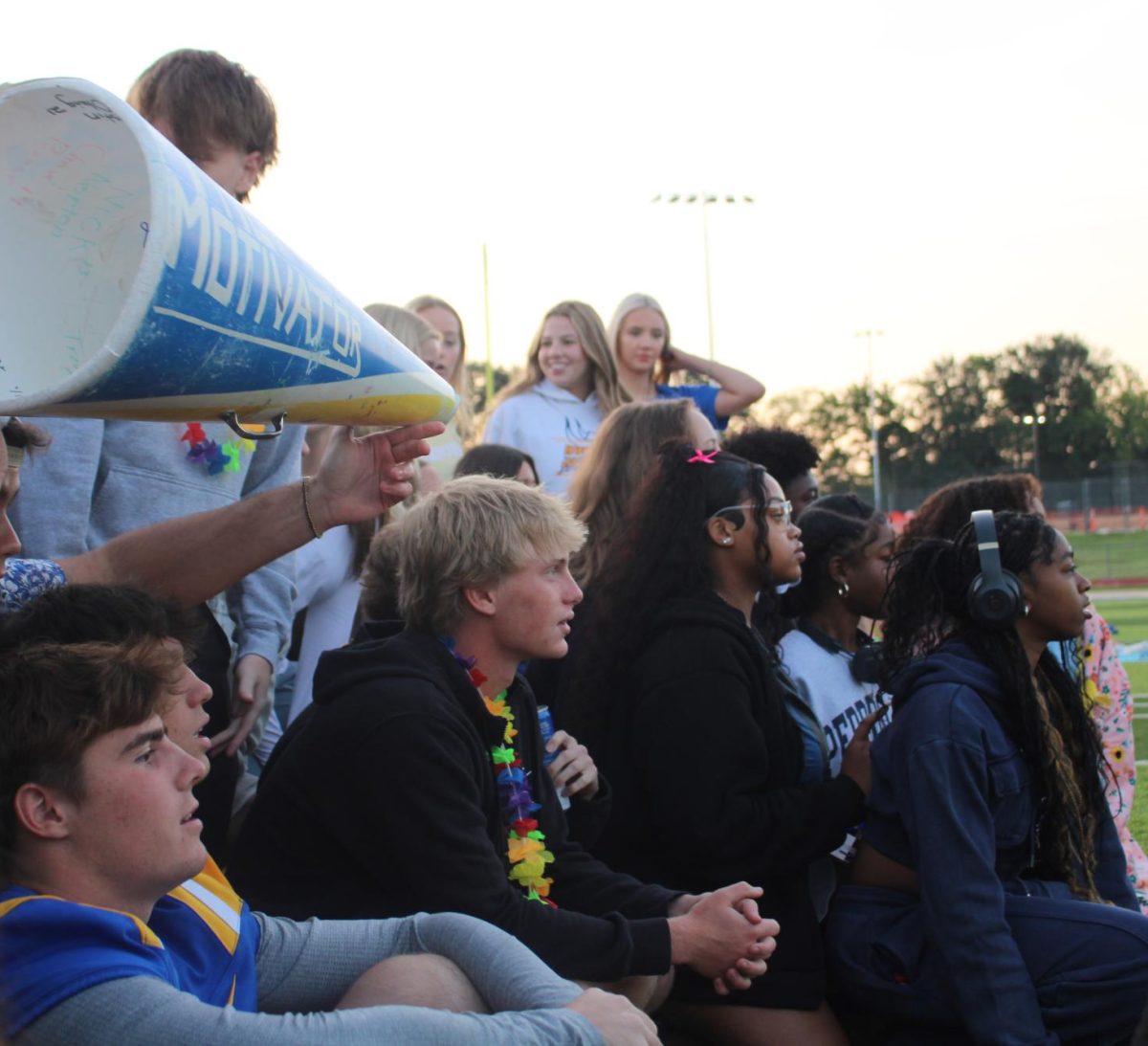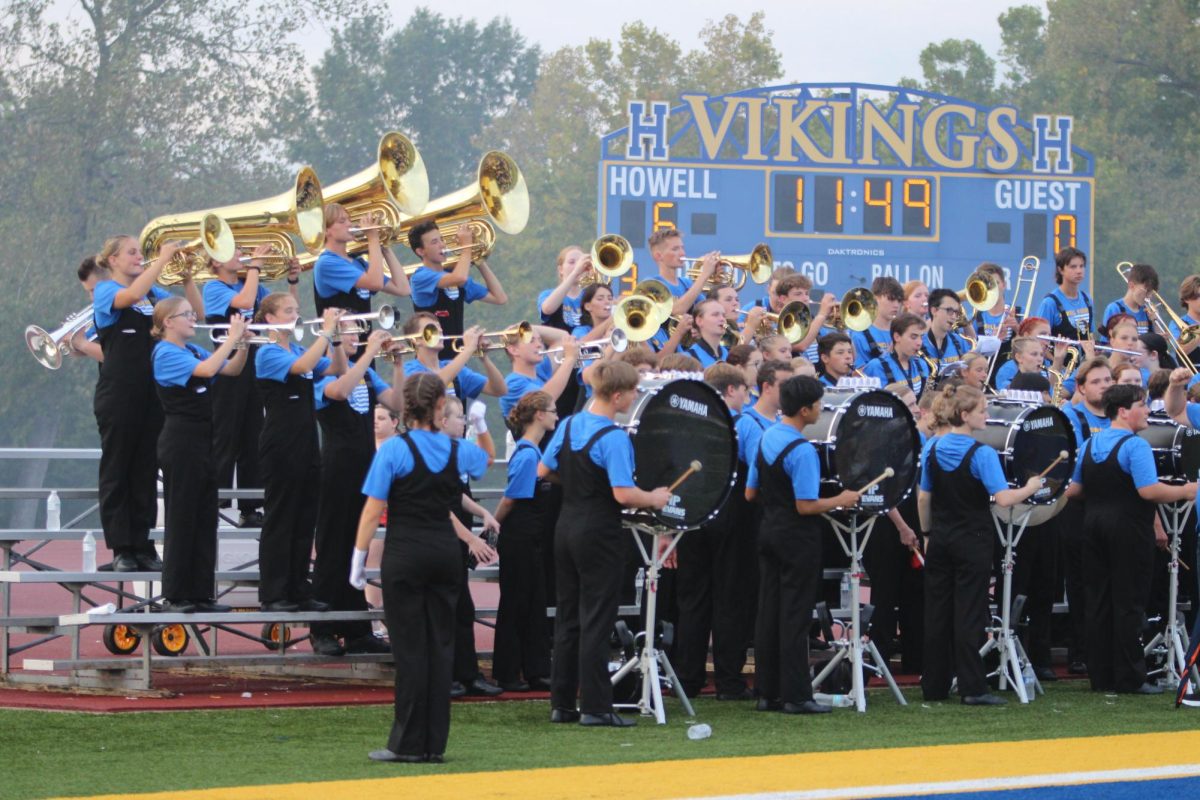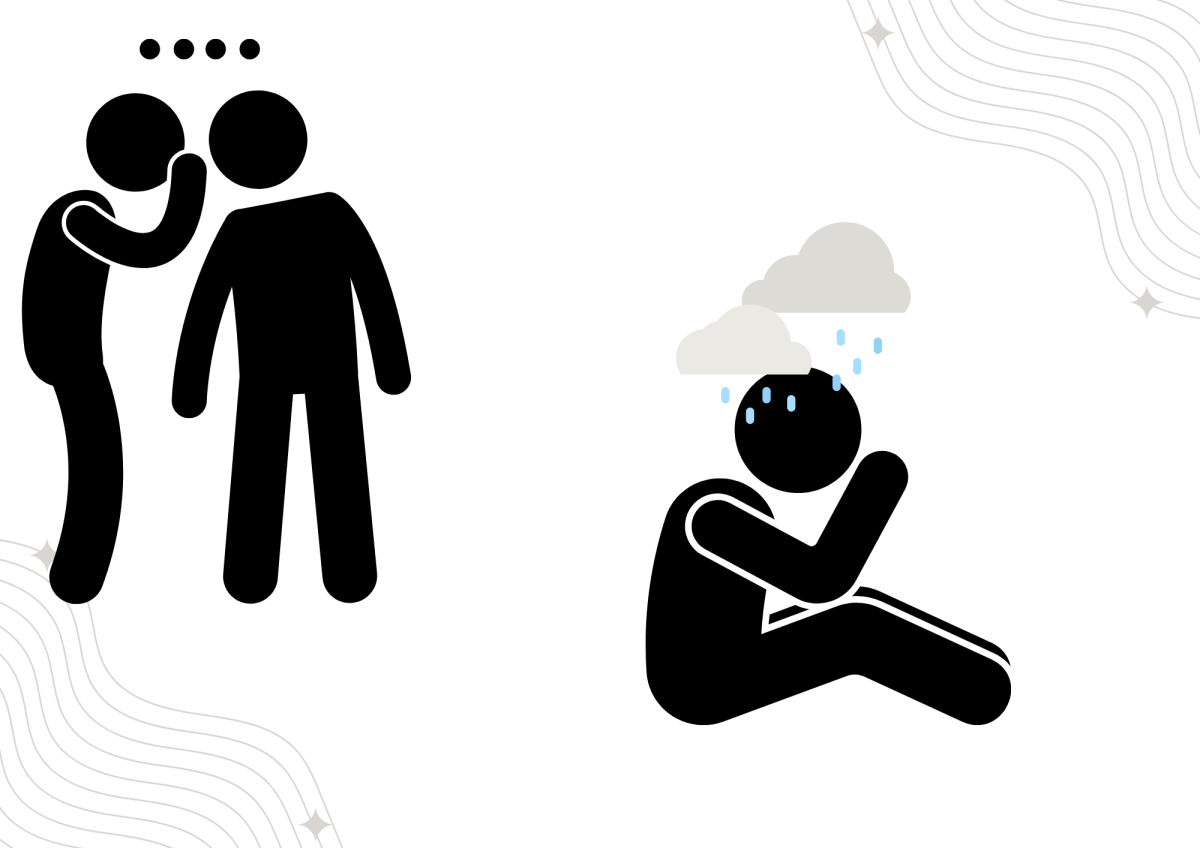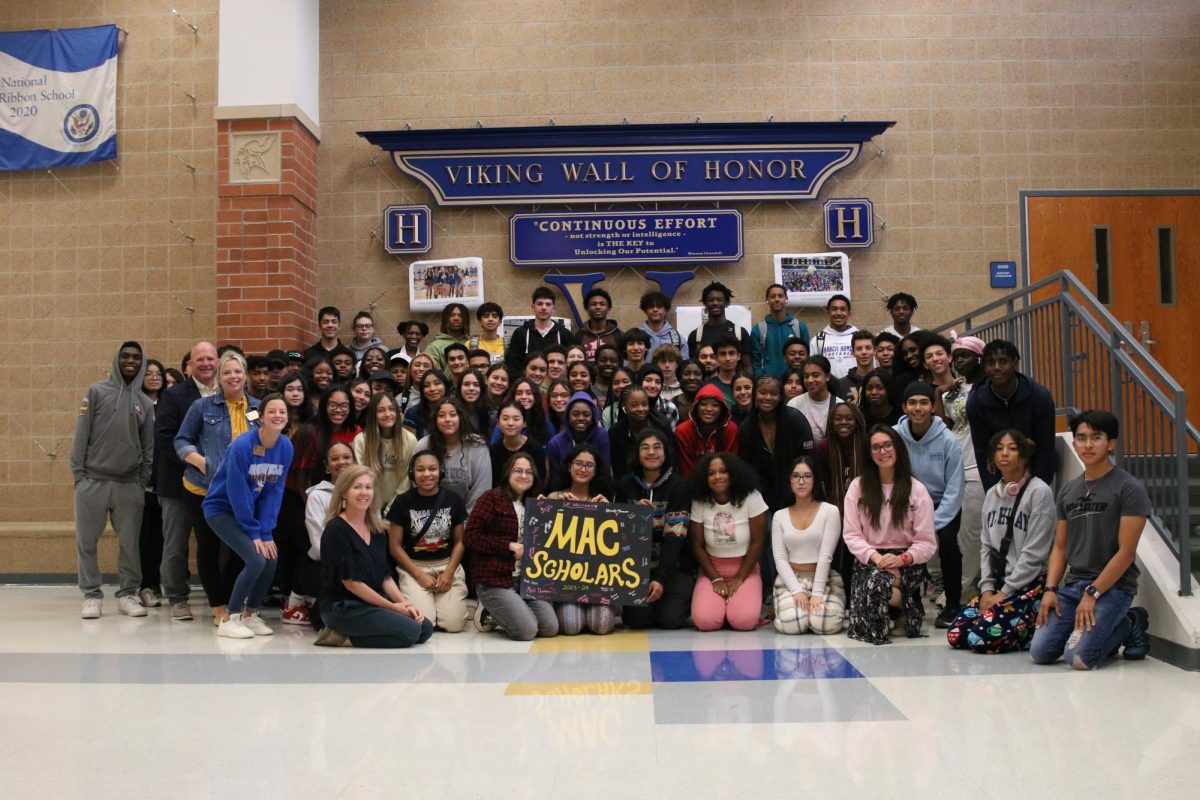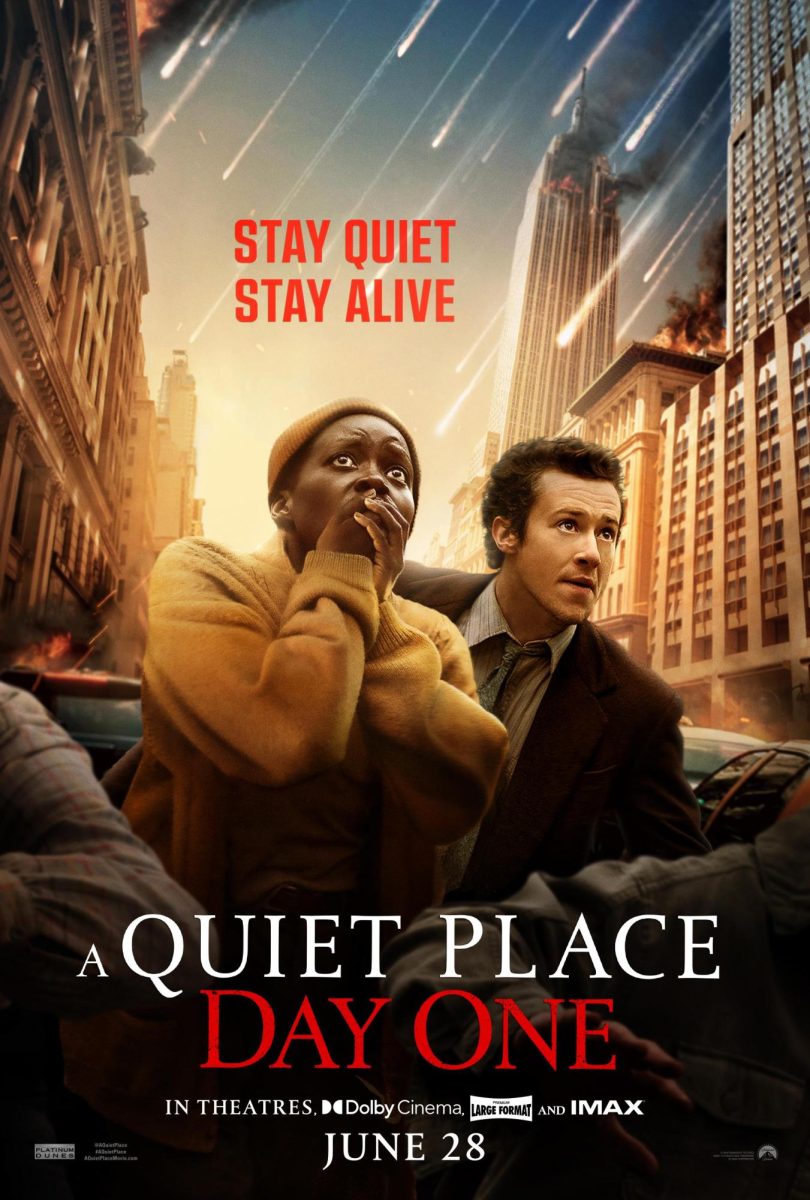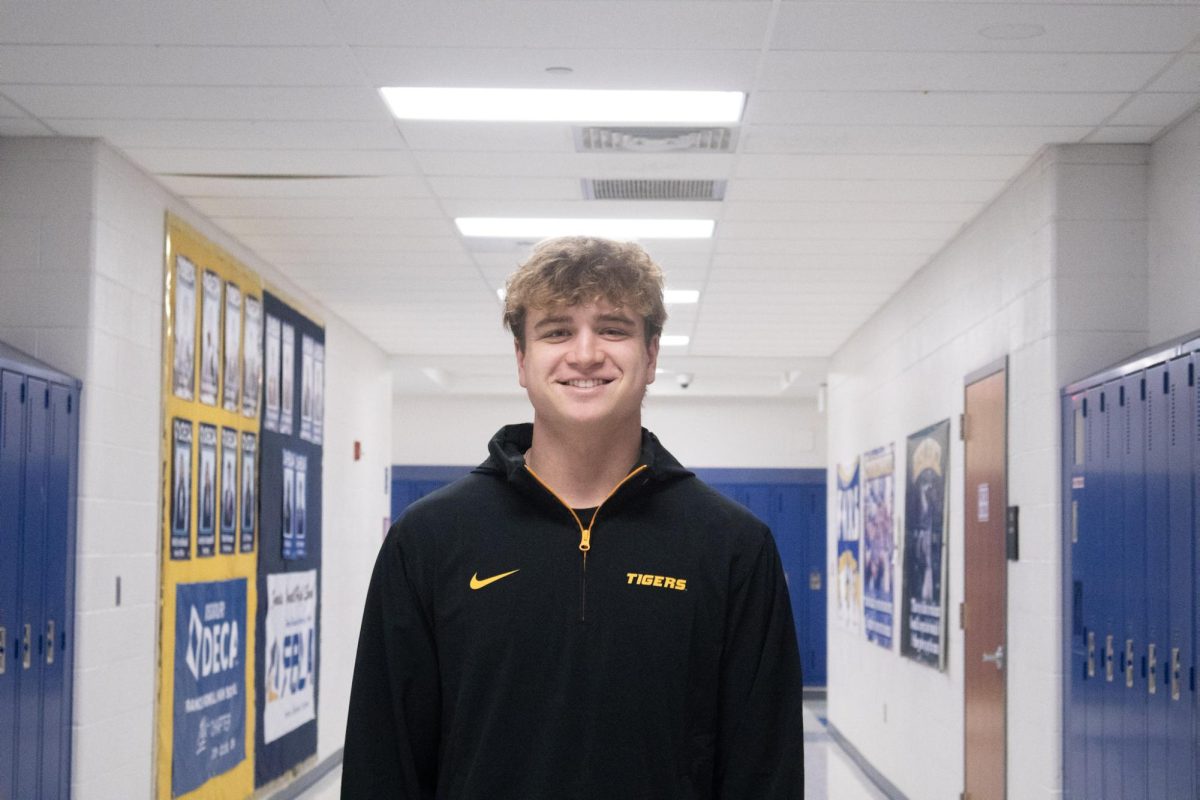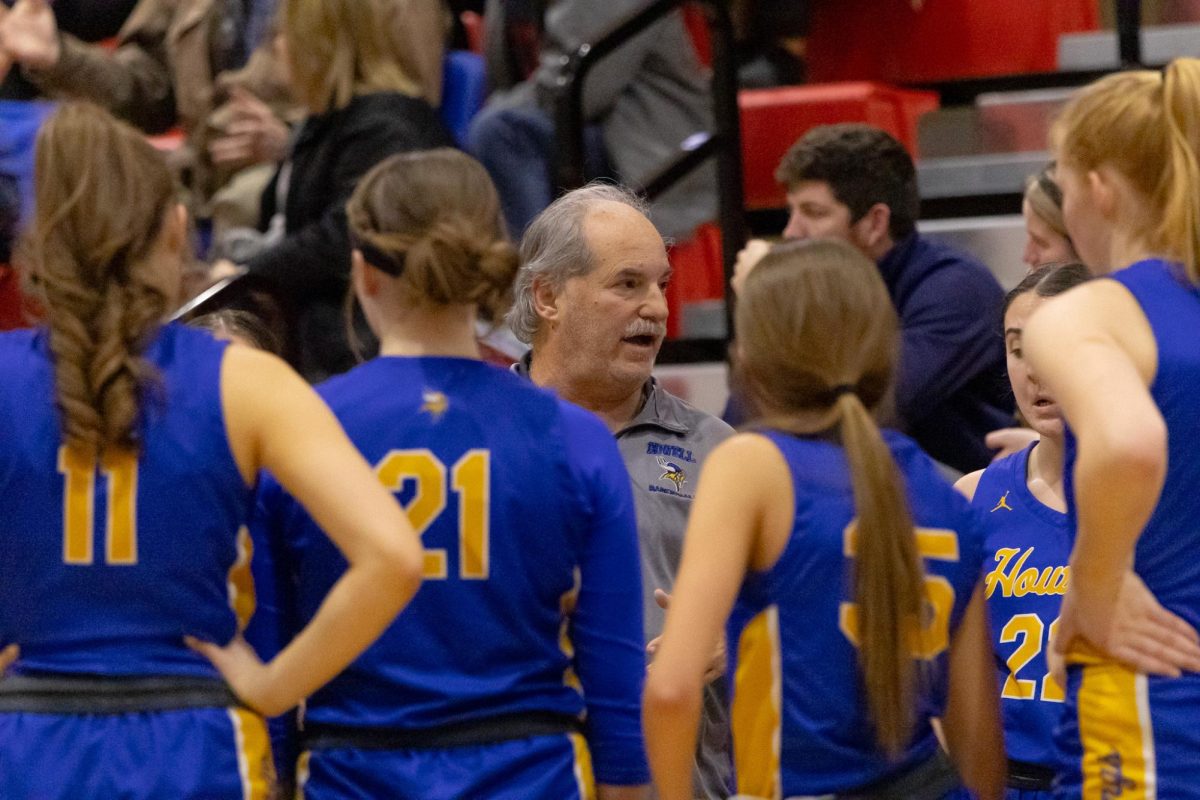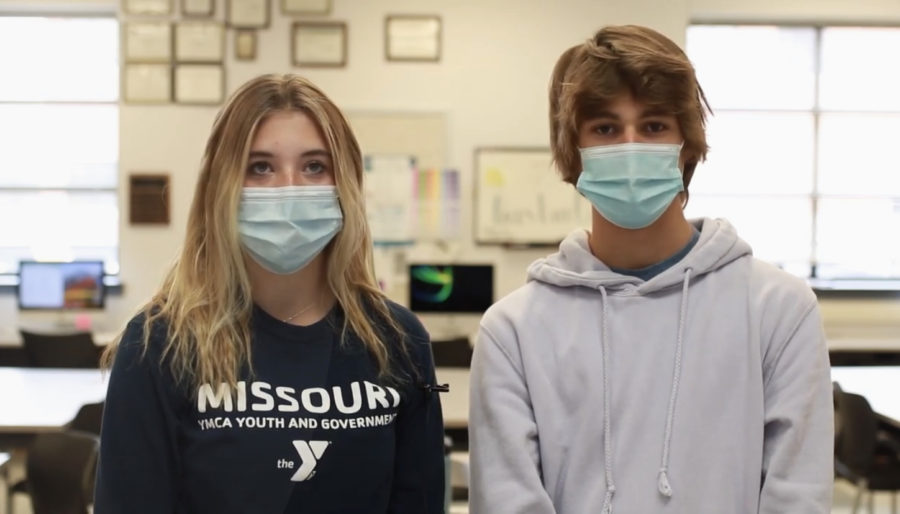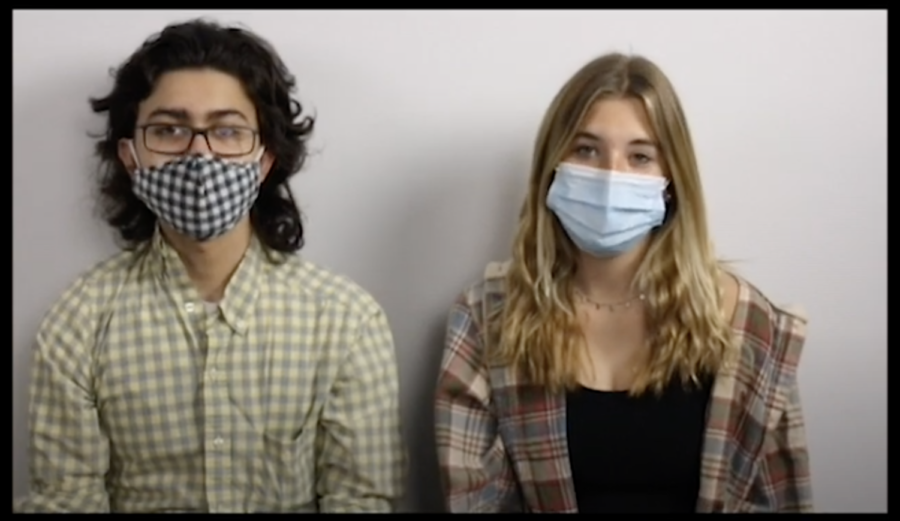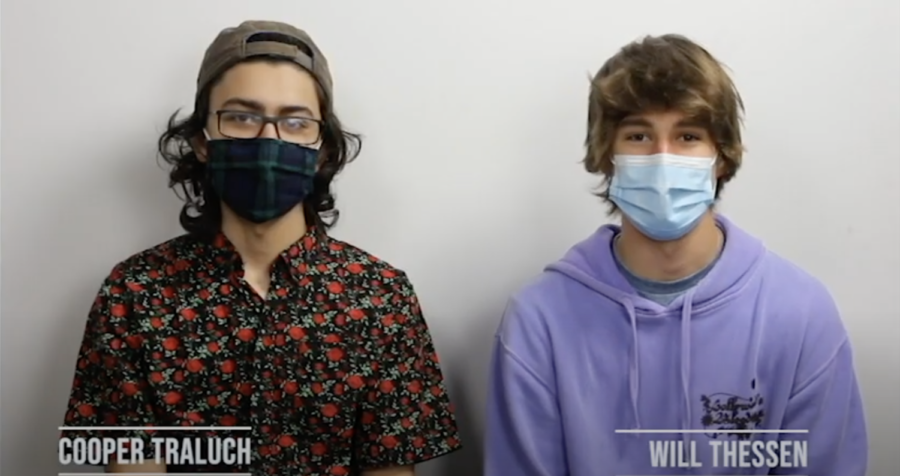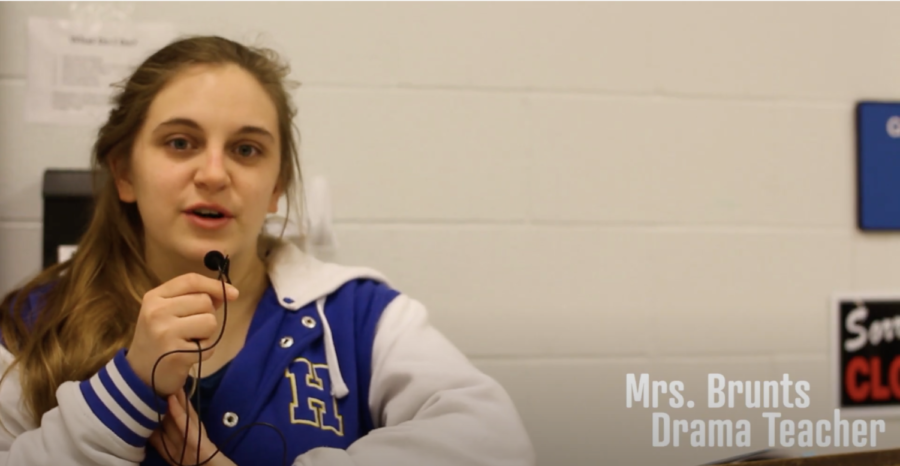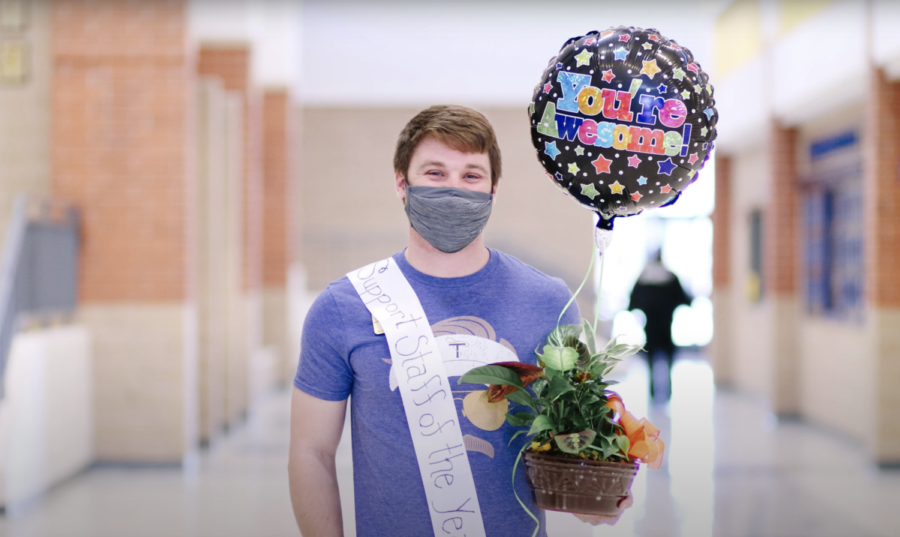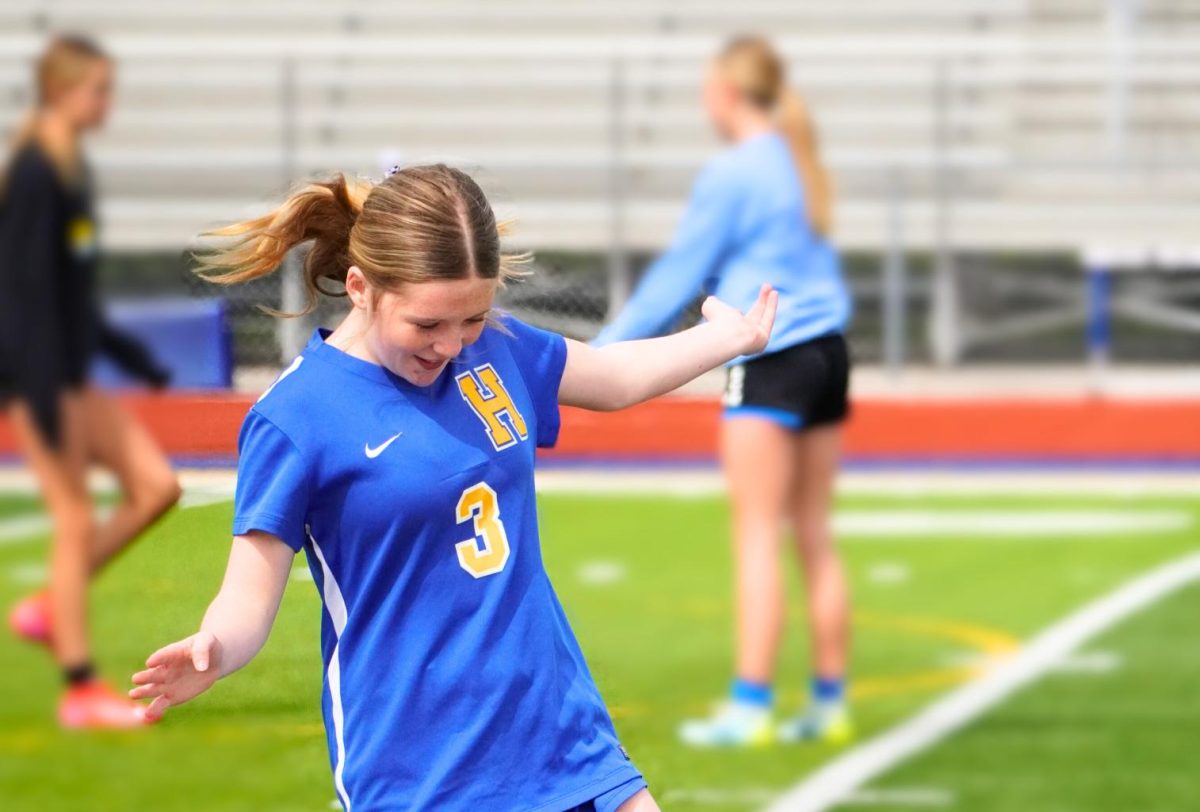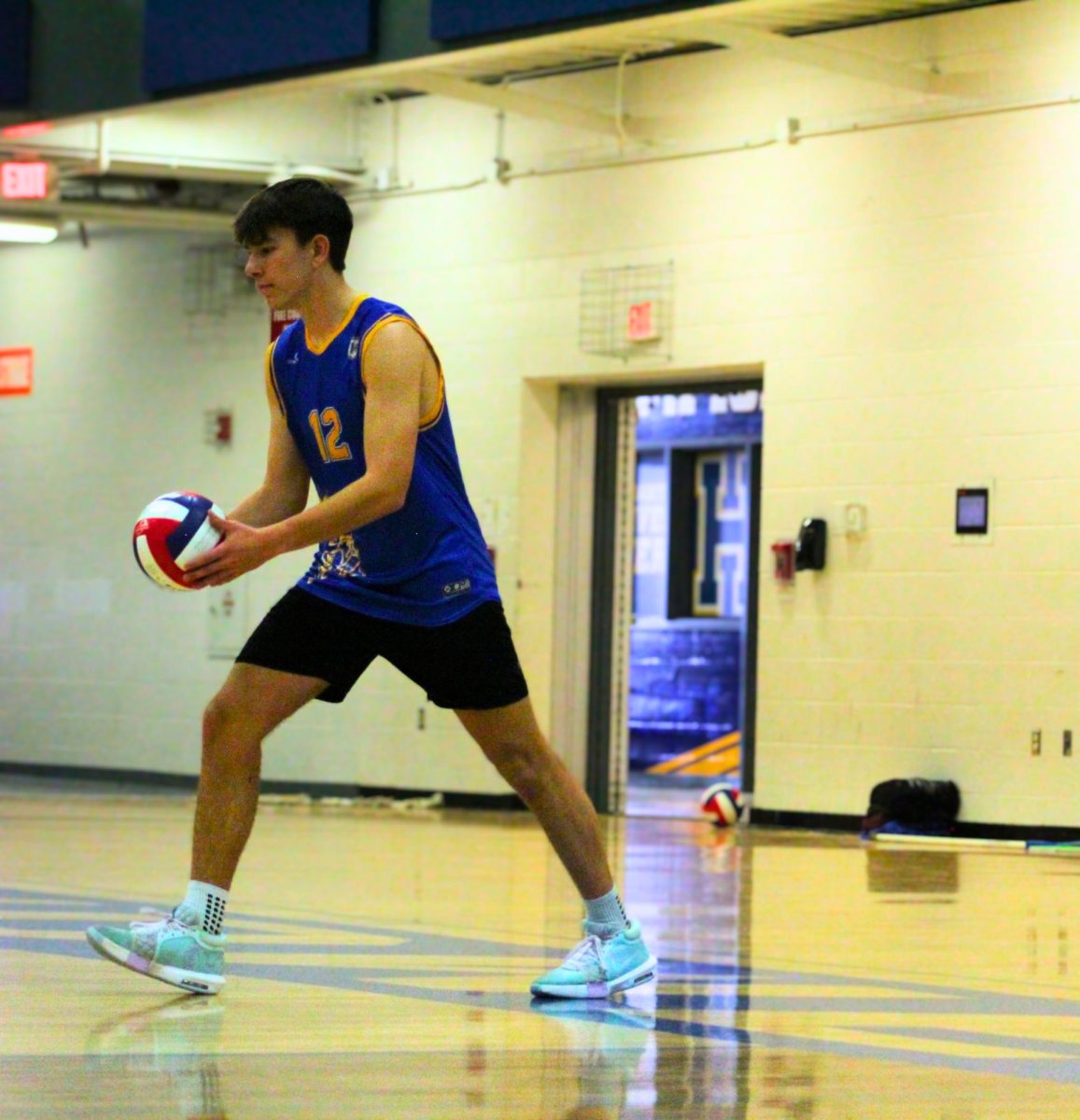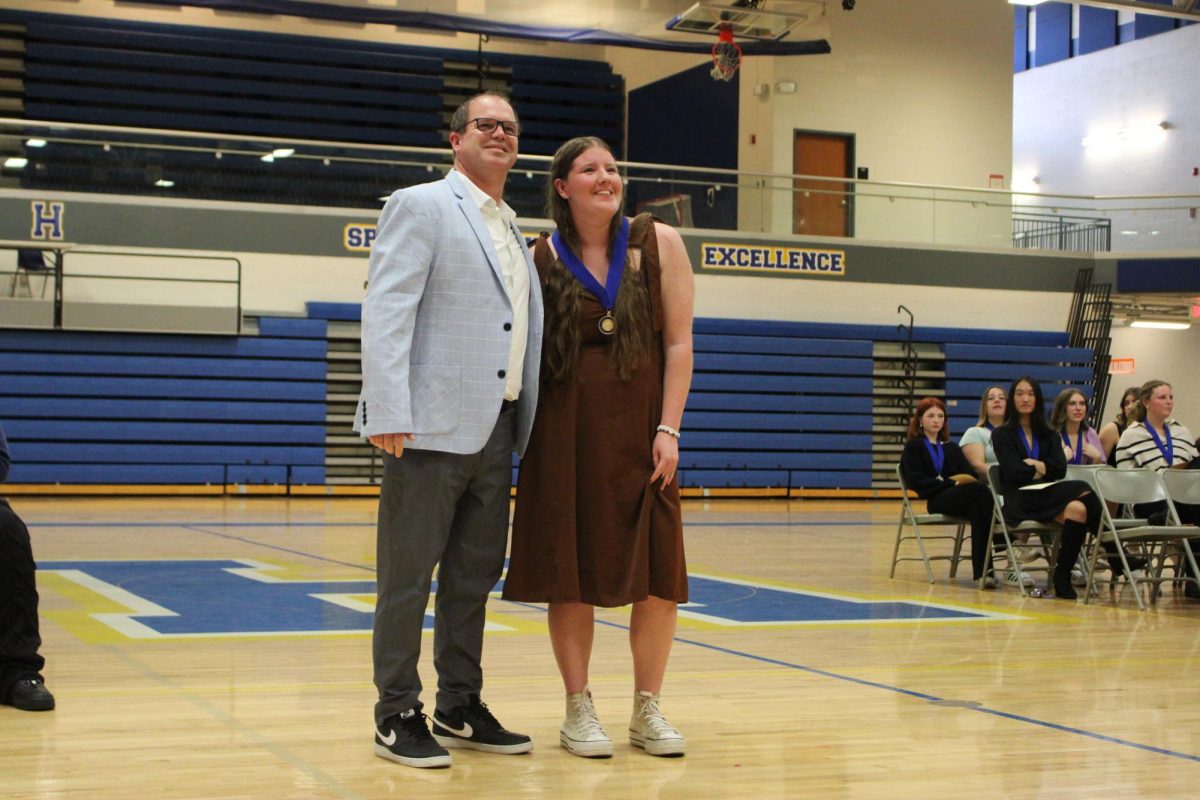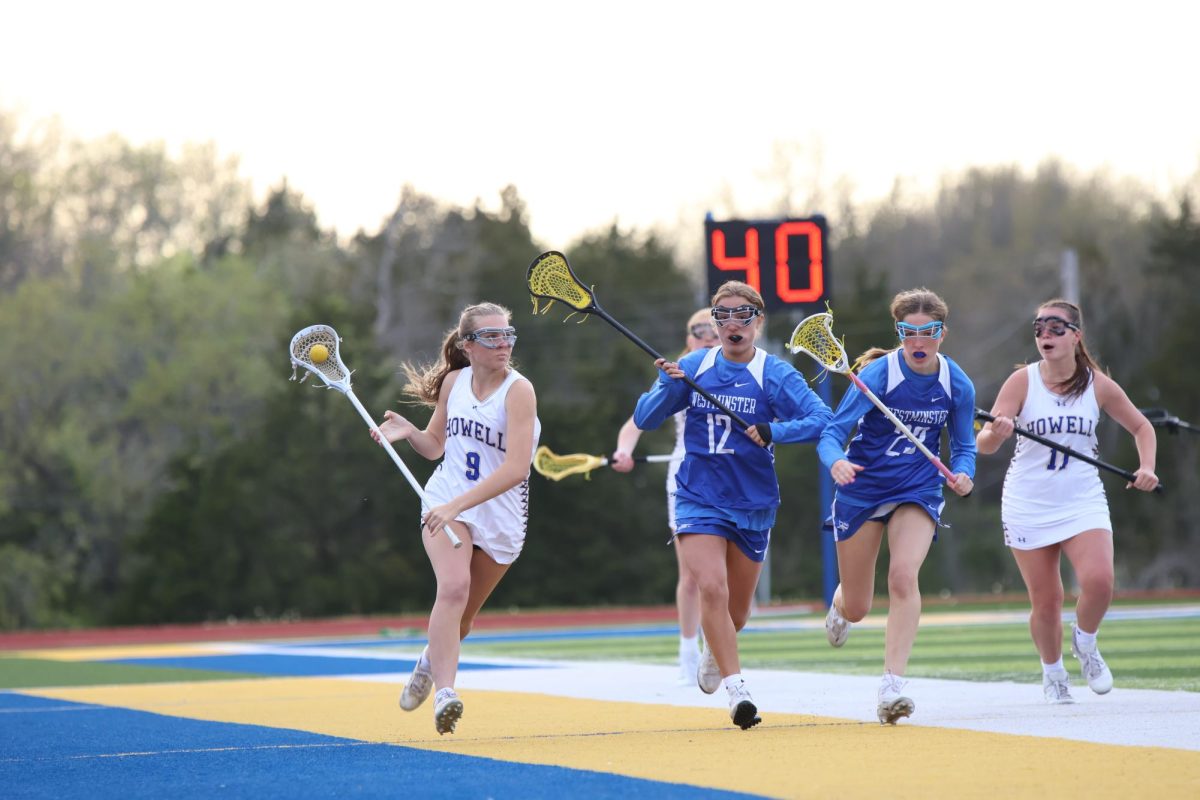Misconceptions seem to encompass high school. Students believe rumors without getting the facts. Although, when it comes to drugs, it’s crucial to know the facts about consequences and the aftermath of the students’ abuse. As of Nov 1, there had been 26 10-day suspensions, nine of these for drug possession or drug use.
While rumors suggest drug abuse results in being sent to Union High School, this may be the biggest misconception of them all. Union High School is a school for students who are credit deficient. It has nothing to do with their discipline track record.
Handing-off or possessing drugs results in varying consequences. But all lead to an assured 10-day suspension and a meeting with the Committee on Conduct. These are the inevitable effects with the custody of, or hand-off of drugs, alcohol, over-the-counter or prescription medication.
“The possession of drugs, alcohol, over the counter drugs, legal or illegal at school is a Level III offense,” Principal Chris Greiner said. “This results in 10-day suspension and a meeting with the Committee on Conduct (COC). The COC committee makes a recommendation to the superintendent to determine if, when, and under what circumstances the student can return to school.”
The more serious offenses (Level IV) can remove a student from Howell for over a year. The superintendent determines the length of any suspension between 11 and 180 days.
“When students are caught distributing illegal substances (Level IV), they serve their 10 days suspension and COC meeting,” Greiner said. “Then they typically receive a 180 day (one year) suspension from the superintendent.”
The length of suspension for a Level III defense depends on if a student is a first time offender. After serving the 10 days and after having the COC meeting, the superintendent issues another 45 days (about a quarter). However, first time offenders are offered the opportunity to attend the Alternate Intervention Program (AIP). This program consists of drug counseling for the student, one-on-one personal counseling with an adviser, and then counseling with the student and their family. Taking place in an off-campus environment, the students must earn their way back to campus.
The Alternative Learning Center (ALC) is another schooling system for students who are suspended 180 days or more. This is one of the three different programs offered in the Union High School building, but these three programs are not part of Union High School. In the ALC, students are kept in confinement where they have almost no freedom. They are restricted to a room where they do their school work through an online curriculum. Students are escorted to lunch, rest rooms, and other rooms in the building. They are completely cut off from the rest of the school. After 180 days, the students go through another meeting where committee members will determine whether the students will return back to their home school or not. If the offender is a senior, then the student will not be graduating from Howell, but rather from the ALC program.
Another major setback for offenders is police involvement. If the offense is serious enough, students may have to deal with the law.
“Depending on the crime, students can be prosecuted,” school resource office Deputy Jeff Warner said. “It all depends on the seriousness of the crime. Seventeen is the magic number. After age 17, a student can be prosecuted as an adult and have that offense on his record forever.”
Students forget about how the abuse can result in serious consequences, not only with the school, but with the law.
“We are disappointed in the actions of some students because the school takes responsibility,” Greiner said. “We try to teach the damaging effects of drugs on campus. Although a majority of students do not participate and make good decisions.”
Some programs in place to help kids say “no” are the health classes, Red Ribbon Week, and the Viking Edge program. When students break the rules, the school tries to get the students back on track.
“When the presented consequences effect the student, we try and help them rebound. We are not going to turn away and not support the student or the family,” Greiner said. “We work with families, staff, and students to help make sure the student doesn’t have a relapse in judgement.”
Written by: Ann Molina and Emily Phelps

